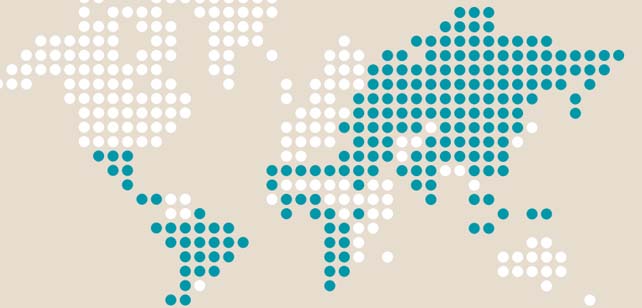A number of global HIV networks released a joint policy brief entitled Access Challenges for HIV Treatment Among People Living with HIV and Key Populations in the Middle-Income Countries. The policy brief articulates how prevailing economic and trade interests compromise access to life-saving generic drugs, resulting in a devastating impact on communities of people living with HIV and key populations, including men who have sex with men (MSM), transgender people, sex workers and people who inject drugs.
The policy brief is the product of a collaboration between Global Network of People Living with HIV (GNP+), the Global Forum on MSM & HIV (MSMGF), the International Network of People Who Use Drugs (INPUD), the Global Network of Sex Work Project (NSWP), and the International Treatment Preparedness Coalition (ITPC). Each partner organization focuses on access to medicines as a priority for their respective constituencies.
The policy brief documents how access to a sustainable supply of newer, simpler, less toxic, and more potent antiretroviral medicines (ARVs) in middle income countries (MICs) is in jeopardy due to a constellation of factors, including pricing and patents, intellectual property regimes, the broader regulatory environment, and a lack of government investment in science and technology. All of these issues are further complicated by additional structural barriers that significantly impede access to essential HIV prevention and treatment services for key populations, including laws that criminalise the behavior of key populations and people living with HIV.
“We call on the governments of MICs to further tighten their patent laws, regulate all pharmaceutical companies, reject from the outset any provisions in all trade agreements that undermine access to medicines, and fully exploit TRIPS flexibilities to facilitate a sustainable supply of high quality generic medicines,” said Raoul Fransen, international coordinator/CEO (ad interim) of GNP+. “Access to high-quality, fixed-dose combination, first line ARV regimens and a greater range of possible second and third line regimens are essential to the health and well-being of people living with HIV.”
Based on current epidemiological trends, the vast majority of people living with HIV will be from MICs by the year 2020. Currently, less than one-third of those who need treatment have access to life-saving drugs in MICs, and these countries face an additional crisis of escalating costs for HIV medicines due to high country-level burdens of HIV.
“Governments in MICs are not always well prepared to address the challenges to public health posed by current trade rules, especially when so many countries are already paying exorbitant prices for most antiretroviral medicines” said Othman Mellouk, the regional advocacy coordinator for ITPC North Africa and co-chair of the MSMGF. “With respect to key populations, a country’s ability to pay is not always commensurate with its willingness to pay. In nearly every country around the world, key populations bear the greatest disease burden. Yet these populations continue to face high drug costs, severe stigma and discrimination, and gender and economic inequality, all of which limit their access to treatment, prevention, care and support services.”
Despite these barriers, the policy brief provides numerous examples that demonstrate how key populations have mobilized successfully and used the human rights framework effectively to secure access to treatment for HIV, hepatitis C, and other medicines for non-communicable diseases. However, extremely limited funding and political support for key populations could undermine this success.
“We have less than 1,000 days to realize the UNAIDS political commitment of ensuring that 15 million people living with HIV have access to treatment by 2015,” said Dr. George Ayala, executive director of the MSMGF. “The treatment gap has widened since the revision of the WHO’s recommendation to initiate ART at CD4 counts below 500 cells/mm^3. This policy brief is the latest call for improved access to and scale-up of treatment.”
Dr. Ayala adds: “People living with HIV, including MSM, transgender people, sex workers, and people who inject drugs stand united at this critical juncture in the global AIDS response. Governments and pharmaceutical companies worldwide should expect reinvigorated community mobilization and stepped-up advocacy from our networks in the days ahead. Closing the treatment gap successfully requires an unwavering and vocal constituency-led response.”








































































